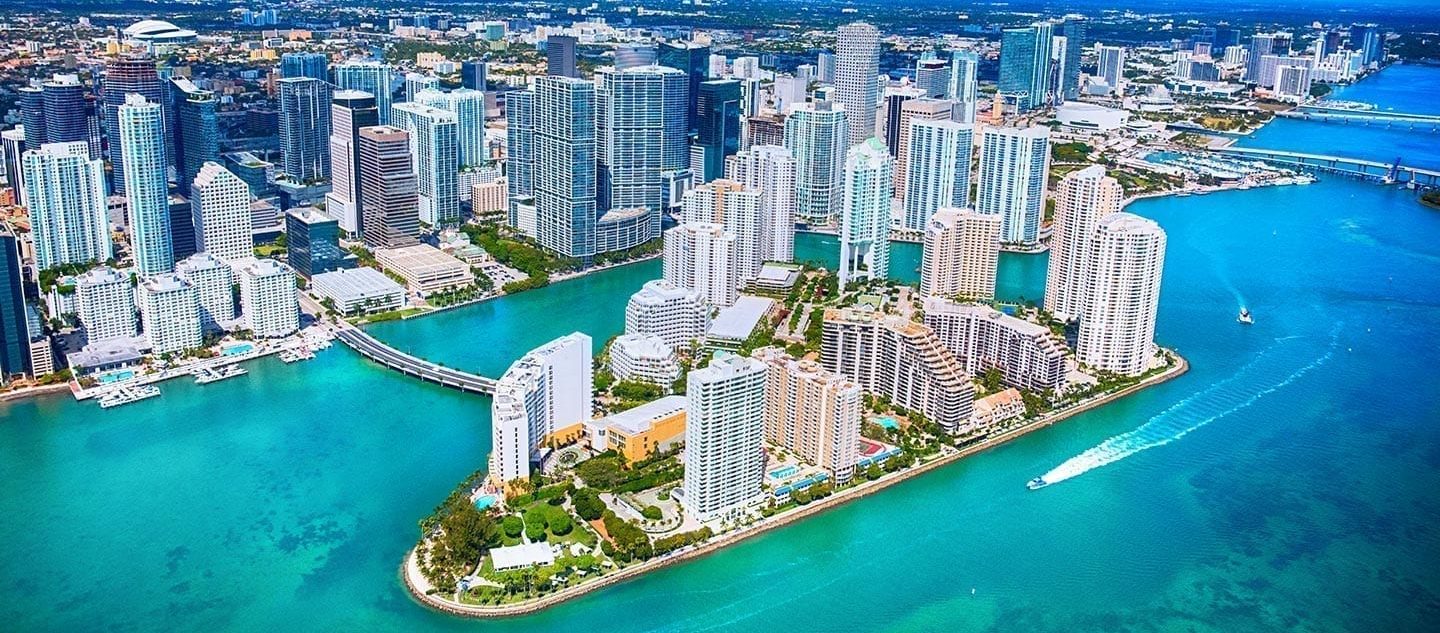The upcoming federal elections in Germany on the 26th of September seem to be closer than in past years. Between the Greens, the Social Democratic Party, and the Christian Democratic Union, it’s hard to predict who will come out on top.
The Christian Democratic Union has made the race every time since 2005, but with Angela Merkel stepping back from the chancellery after 16 years, the position is up for grabs. However, socialist candidate Olaf Scholz has been the front-runner in polls over the past weeks, partly as a consequence of struggling competition.
Less than two weeks before the elections, Anna-Lena Baerbock for The Greens, Olaf Scholz for the Social Democratic Party, and Amin Laschet for the Christian Democratic Union are the three candidates battling for the position. In polls, the Social Democrats are currently in the lead with 26% of the votes, followed by the Christian Democrats at 21% and the Greens at 16%.
“Scholz led the Social Democrats into pole position with a pitch to the moderates who had underpinned Merkel’s four successive election victories,” said Philip Oltermann, a German author for the Guardian. The SDP decided to go with Scholz as their candidate from the beginning. They built a well-run campaign around him, completely in harmony with his appearance.
On the other hand, “The CDU only agreed to nominate Laschet as Merkel’s successor in April and its campaign has looked far from tailor-cut around its candidate and has come across as comically incongruous. One CDU poster has the slogan “So that Germany stays strong” next to a picture of Laschet, a politician seen as more of a liberal compromise builder than a forceful protector,” holds Oltermann.
Nevertheless, Laschet was seen as the favorite of the chancellery in April. Another reason the Christian Democrats have lost about 8% since then is that he hasn’t proven to be a worthy successor of Merkel.
“Laschet […] is trying to make up for mistakes during the campaign”, according to Madeline Chambers and Paul Carrel, Reuters Reporters. “In a damaging gaffe, he was caught on camera laughing during a visit to a town hit by lethal floods in July. He apologized,” they describe.
The Green Party led the polls for a short time in May with about 26% of the votes but have struggles of their own. They appear to not fully stand behind their candidate Anna-Lena Baerbock after she was involved in a scandal regarding plagiarism allegations.
Ultimately, two or three parties will form a coalition to have the majority of seats in the parliament. “German federal elections are proportional, so the share of vote given by polling companies should be read as translating fairly directly into share of seats in the resulting parliament,” Seán Clarke and Antonio Voce explain in an article for the Guardian.
There are multiple options of how a coalition could be formed. Apart from the three parties already mentioned, three other parties could potentially be part of a coalition. That includes the liberal Free Democratic Party (FDP), the nationalist and right-wing Alternative for Germany (AfD), and The Left, a democratic socialist party.
Clarke and Voce hold that “most are possible, but the other parties have traditionally said they would not enter a coalition with the AfD, and there has never yet been a federal coalition involving Die Linke.” Consequently, Germany’s political future will remain uncertain until negotiations have been successful – regardless of who wins the elections.
https://www.theguardian.com/world/2021/sep/13/german-election-poll-tracker-who-will-be-the-next-chancellor
https://www.reuters.com/world/europe/german-spd-extends-lead-over-merkels-conservatives-before-tv-election-debate-2021-09-12/
https://www.theguardian.com/world/2021/sep/04/scholz-will-sort-it-the-catchphrase-winning-the-hearts-of-german-voters
